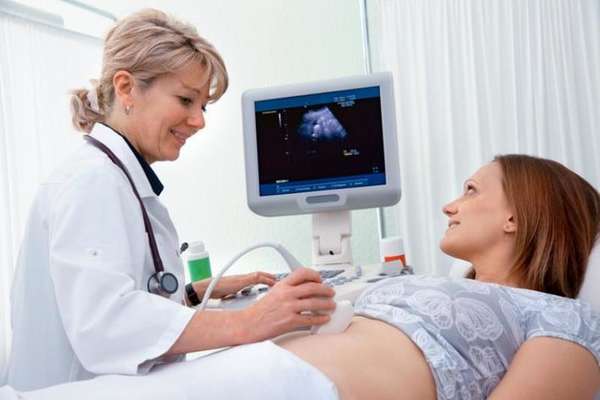
Everything You Need To Know About Down’s Syndrome
6 Jul 2015 | 4 min Read
Neha khaneja
Author | 1 Articles
What Is Down Syndrome?
Down syndrome is a genetic disorder caused by an error in the way cell division usually occurs during the conception stage of a pregnancy. This error leads to the presence of an extra chromosome in the foetus, the 21st chromosome. The presence of this extra chromosome can lead to a number of physical and mental disabilities that can range from mild to severe. Today, there are number screening tests that can be used at different stages of the pregnancy to detect if your baby is likely to be affected by this disorder. Maternal age is said to be one of the possible factors that increase the chances of a foetus being affected by this syndrome.
Why Does It Occur?
Normally one has 46 chromosomes in each cell, 23 inherited from the mother and 23 from the father. In some cases however, a person may end up having a full extra or even a partial copy of the 21st chromosome. This genetic condition is known as Down syndrome.The most common variety of Down syndrome is trisomy 21, a condition where a person has 47 chromosomes instead of the usual 46. There are no known causes for this genetic disorder and it can occur across any social class or country. As per the WHO (World Health Organisation) the estimated incidence of Down syndrome is between 1 in 1,000 to 1 in 1,100 live births worldwide.
What are the tests conducted to help determine Down syndrome in a foetus?
These days doctors recommend some standard screening tests for all pregnant women to rule our the incidence of Down Syndrome in the foetus. For women between the age of 30 and 35 there are some additional genetic screens are recommended as the risk for the baby is higher within this maternal age group. The tests usually help assess the risk factor for the foetus and diagnostic tests that determine if the baby has the syndrome.
Screening test at 10 – 14 weeks – Nuchal translucency scan: This ultrasound helps measure the space in the folds of tissue behind the neck of the foetus. This test helps determine the risk of the foetus developing Down syndrome in the early stages. In addition to this ultrasound the HCG levels and PAPP-A levels are also measured during the first trimester to assess the risk of Down syndrome.
Screening tests at 15 – 21 weeks – Markers tests
There are a series of blood tests your doctor will recommend during this stage to determine the risk factors for down syndrome. These tests include:
The double test
The triple test
The quadruple test
All these test help determine the HCG, AFP and uEst levels in your blood. If your baby ahs a risk of down syndrome your HCG levels are likely to be higher and the AFP and uEst levels will be on the lower side
In case there is an indication of risk that needs further investigation, then the doctor will include diagnostic tests such as amniocentesis – testing the fluid inside the womb to confirm the diagnosis of Down syndrome in a baby.
What can one do if the test for Down syndrome is positive?
If you do test positive for the Down syndrome, try to keep a healthy outlook on the subject and learn as much as you can about the syndrome before the baby arrives. While no tests are a 100% accurate if your test results do show an indication of your baby having the syndrome, as a parent all you can do is embrace this challenge and focus on giving your child a normal life as much as possible. Of course if you have determined the risk early on (the first trimester), then you can also discuss the option of terminating the pregnancy with your doctor.
There may not be a cure at the moment for Down syndrome, however it is completely possible for a child with the syndrome to lead a normal happy life. They will need additional support to learn and adopt life skills that may come more naturally to other children, but there are ample of support groups that aid with physical therapy and mental exercises that can help your child grasp these skills and lead a normal life. With the right medical attention and care it is even possible for a child with the syndrome to attend school and participate in social activities with peers.
A


Suggestions offered by doctors on BabyChakra are of advisory nature i.e., for educational and informational purposes only. Content posted on, created for, or compiled by BabyChakra is not intended or designed to replace your doctor's independent judgment about any symptom, condition, or the appropriateness or risks of a procedure or treatment for a given person.
